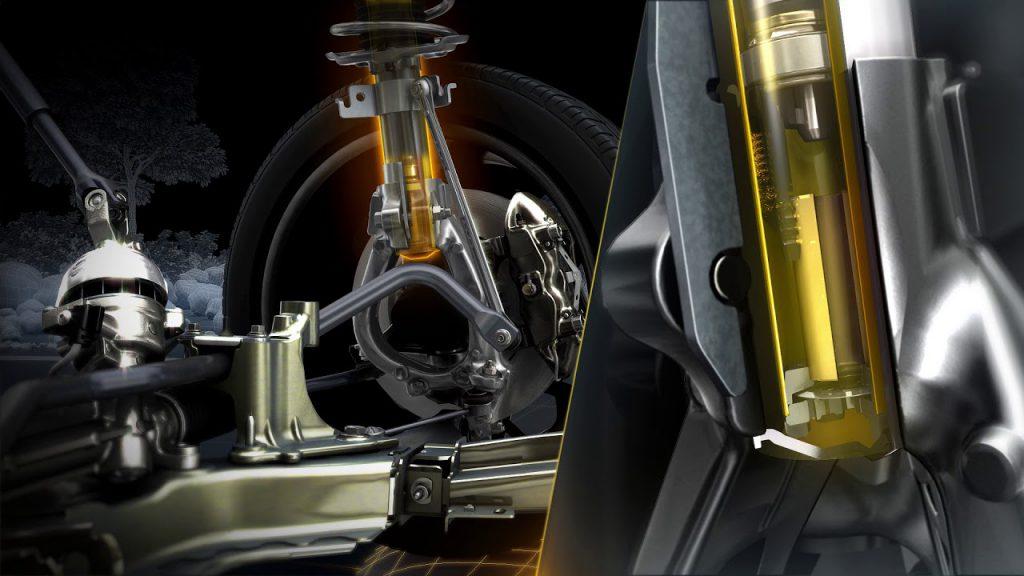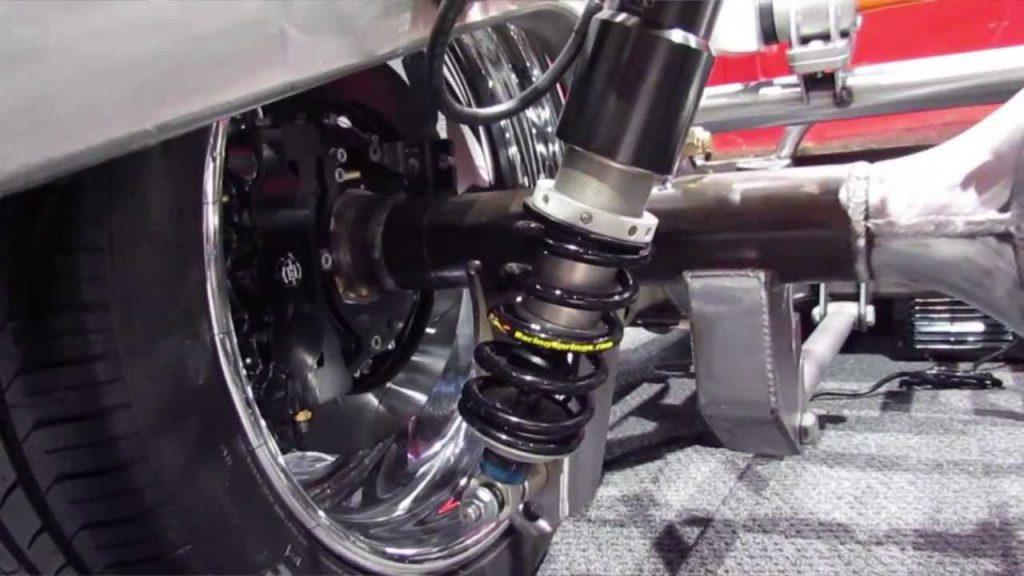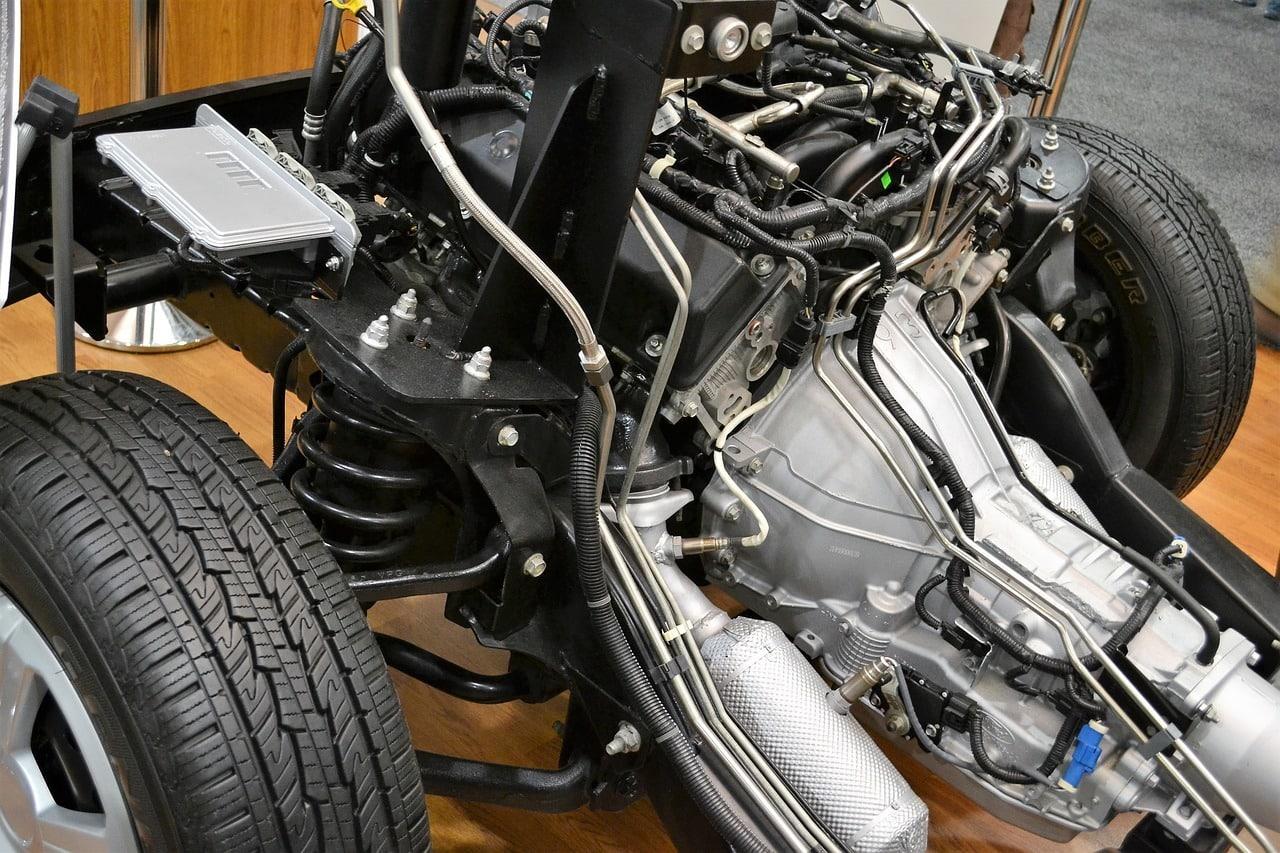Cars, these days, are also preferring the hydraulic suspension system rather than air or steel spring suspensions. The hydraulic liquid pressurizes the sealed system that further provides power to the different components of the vehicle. This system utilizes compressed gas and oil to absorb forces stemming from the surface. The synthetic rubber and tire air also grip on some force. Totally four dampers hold this liquid, which also relies on the road condition. The basic intention of the hydraulic suspension system is to derive comfy drives on those bumpy roads.
Contents
How the Hydraulic Suspension System Works!
So when switches from steel spring suspension to hydraulic, it is considered as an upgrade. The same is the case when air suspensions are replaced with hydraulic ones.
Some even ask if getting a hydraulic suspension system is a real upgrade or not.
Well, it depends on the choice of the user. While some have all the positive things to say about this system, others don’t appreciate the same.
So, everything relies on whether this system is providing you with enough advantages over the disadvantages or not. If the vehicle works smoother with this system instead of the old system that you might have been using earlier, then it is the time to switch to the hydraulic suspension system right away.
Also, you can always modify the existing suspension systems with kits available for the same.
So, there is time to decide and opt for the right suspension system for your vehicle.

See More:
Coil Spring vs. Leaf Spring Suspension- Which is Better?
Never Try these 5 Suspension Mods on Your Car
Pros of Hydraulic Suspension System
Beginning with the advantages first, the hydraulic suspension system is designed to make your driving experience smoother and better. To be precise, the reaction time is quicker, which means the suspension’s response will be instant on those bumpy roads. The credit goes to the hydraulic liquid that controls how to handle the shock that the car gets while running on those uneven roads. Liquid aptly pressurizes and depressurizes the shock, allowing the vehicle to run smoothly.
Another benefit of this system is its ability to be customized. For example, you can adjust the shocks to the desired height, but we recommend the expert’s advice before doing so.
Cons of Hydraulic Suspension System
There are some cons of using the hydraulic suspension system too. Of course, the system makes driving experience too suave and comfy, but that costs an arm and a leg. Plus, the maintenance costs will also cost you a lot. But, the driving experience is way too comfortable that you might get convinced to burn a hole in your pocket. So, either learn some maintenance tips from the experts to save a few bucks or be ready with a handful of it to do the needful.
Even if one damper out of all four leaks, there will be a complete mess all over the place. Wrecked damper means bad suspension system, hence additional repair cost.

What Have We Learnt?
Hydraulic suspension system soothes rides but demand more money. So, you know what do you want- better drives or inexpensive systems. The choice is yours!



